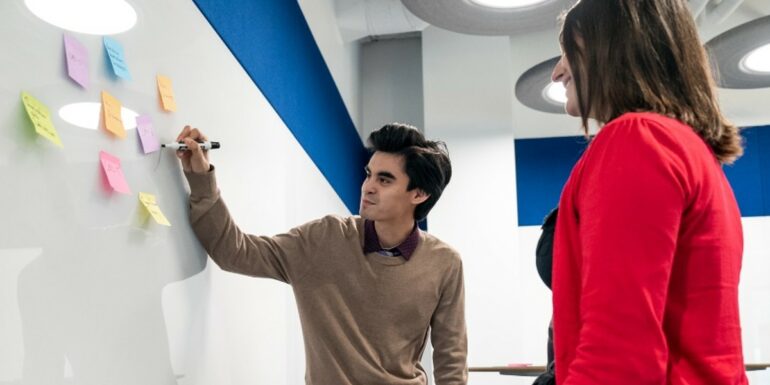For Rosanne Hauck, a student in The Chicago School’s Ph.D. Organizational Leadership program, a doctorate is the crowning achievement in a long educational journey. However, Hauck’s unique educational journey has been paved by The Chicago School’s commitment to internal articulation agreements and academic pathway programs.
Today, The Chicago School offers more than 25 innovative internal articulation agreements between its academic programs. These agreements fast-track student progress through bachelor’s, master’s, and doctoral programs, enabling students to transfer credits easily between programs and to apply credits to more than one program’s requirements.
After enrolling at The Chicago School to complete her bachelor’s degree, Hauck leveraged the university’s internal articulation agreements to progress through both her master’s in psychology and her current Ph.D. program more quickly than she would have been able to without these tracks in place.
According to Vice President of Academic Affairs Ted Scholz, Ph.D., “These agreements mean so much for our students. Without them, they’d need to take so many more classes and spend so much more money and time before obtaining the real degree that they’re after.”
Hauck notes how much she appreciates this innovative opportunity at The Chicago School: “My goal is to help organizations do right by their team members, and by being able to progress from a bachelor’s program to a doctoral program so quickly, I can now see that impact closer on the horizon than I ever thought possible.”
Looking toward the future, articulation agreements like the ones Hauck has leveraged are a core part of the university’s strategic growth.
According to Chief Strategy Officer William Brown, Psy.D., “Students today are more focused on expedited time-to-degree than ever before. In a day and age where they can get anything shipped to their home in a matter of a few days, it’s not surprising that this trend has carried into education as well. Here at The Chicago School, we’re dedicated to meeting these evolving student needs so that we can help these students become change-makers as quickly as possible.”

